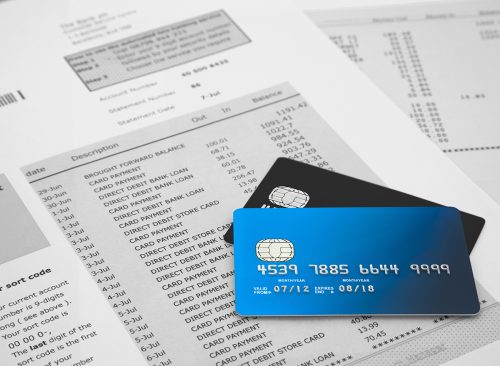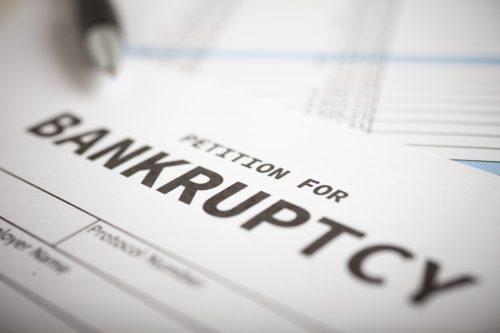
After retirement, living on a fixed income doesn’t mean your credit score will stay in place. Certain factors can make it decline or crash, adding unwelcome financial complications to your golden years. That might increase your insurance premiums or even prevent you from being accepted into a long-term-care facility. These are seven ways retirement can tank your credit score, and how you can prevent it, according to experts.

Thirty-four percent of American baby boomers risk damaging their credit scores in retirement by reducing or curtailing their use of credit cards, a survey by TransUnion indicates. The age of your oldest active account is a key factor in your credit score; shuttering old accounts can lower your score.

Closing cards can also compromise another key metric for credit scores—your debt-to-limit ratio, or the amount of your total credit limit that you’re using. Credit utilization accounts for a full 30 percent of your score.

If you totally stop using credit cards, you may end up with no credit score at all. FICO considers credit files that haven’t registered activity for six months to be inactive and doesn’t issue a new score. To maintain a healthy credit score, use your credit accounts regularly. You don’t have to run up debt—just pay your statement balance in full each month.

Missing a payment by 30 days can lower your score by as much as 100 points. And that stays on your credit report for seven years. (And missing a payment by 60 or 90 days or longer is even worse for your score.)

Bankruptcy attorney Roderick H. Martin of Marietta, Georgia, told the Daily Mail that some of his clients have emptied their retirement savings to avoid filing for bankruptcy. That often just delays the inevitable. “Then they turn around and file for bankruptcy,” he says. Retirement savings are typically protected in bankruptcy, but money spent from those accounts can’t be recovered.

Aaron Smith, a financial planner in Glen Allen, Virginia, told the Daily Mail that co-signing a loan or credit application for a friend or relative can be a huge mistake. “My personal and professional opinion is if they can´t get it on their own, there must be a problem,” he says. If the borrower doesn´t pay, you’re on the hook for the entire amount—and even if they keep up with payments, the amount borrowed reduces your debt-to-limit ratio.

“I think checking your credit is like going to your dentist for a cleaning,” Elaine King, a certified financial planner and founder of the Family and Money Matters Institute, told the news outlet. “You need to make a habit of doing it. If you wait too long, there can be some rotten stuff there.”














